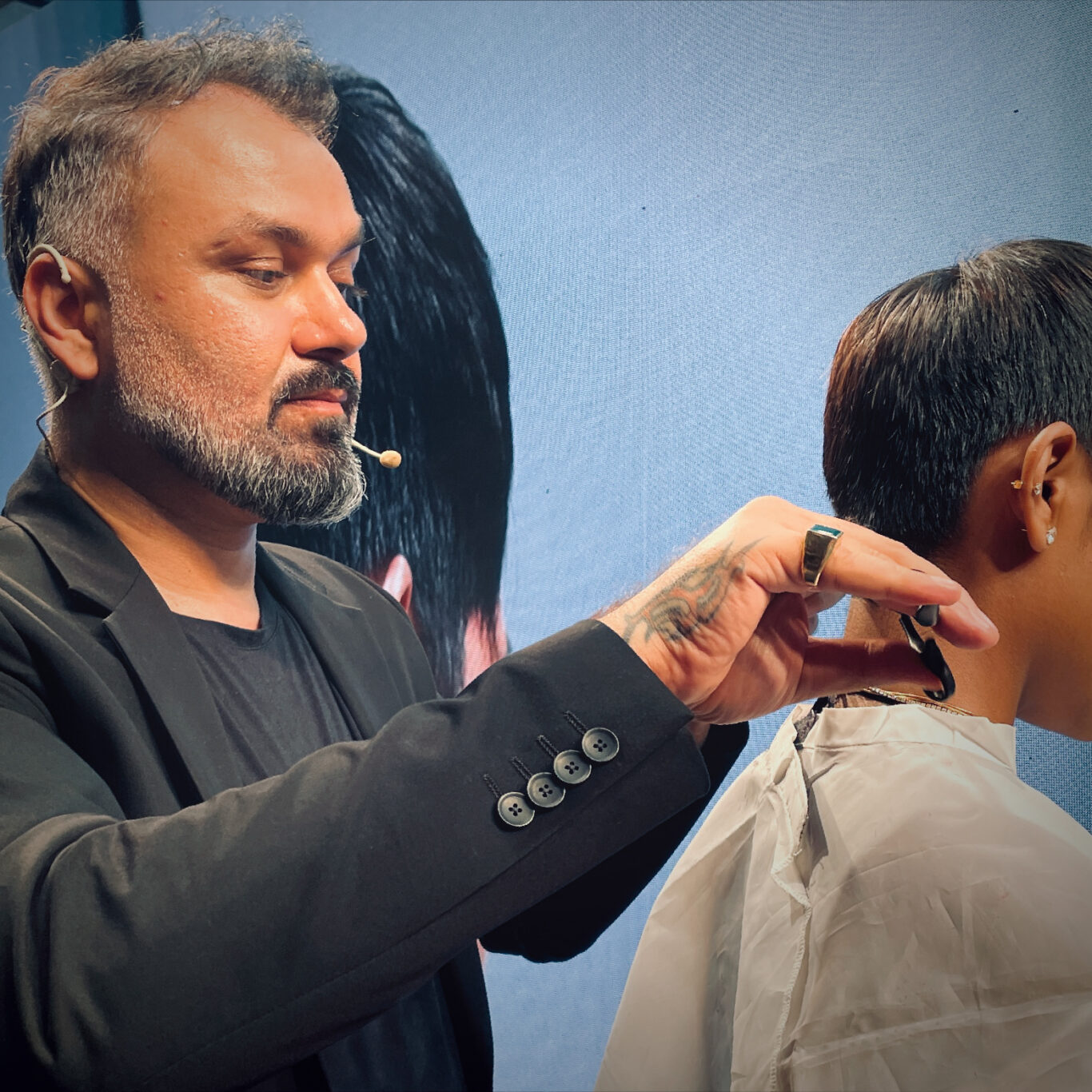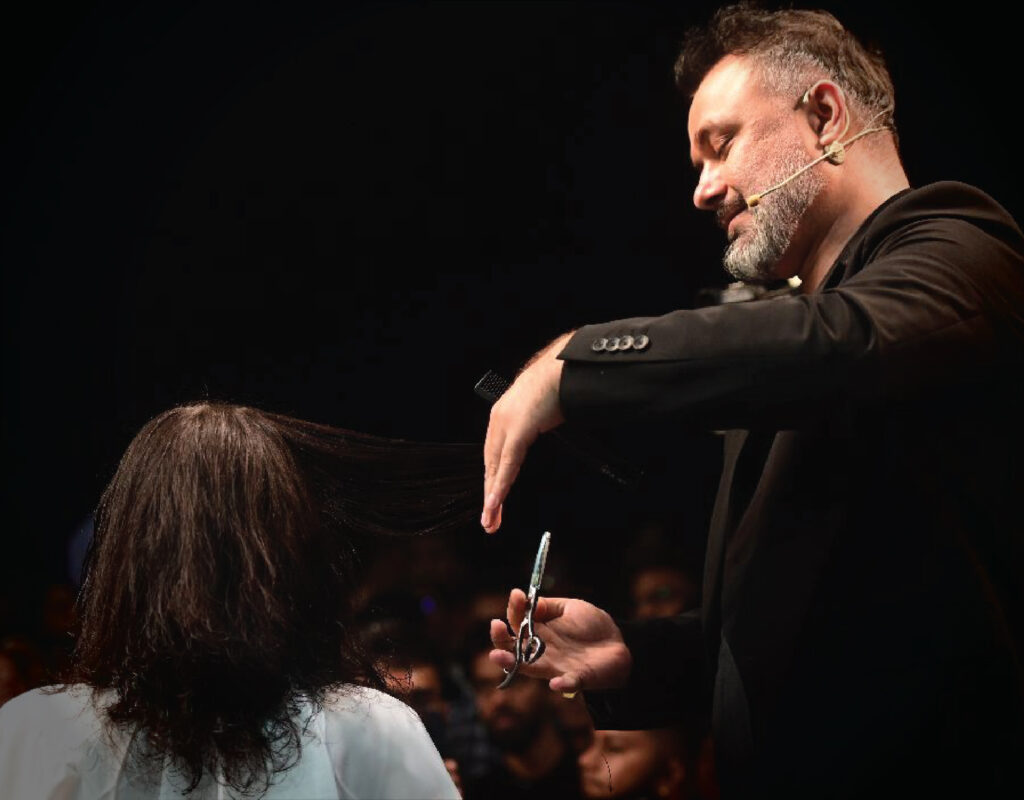Looking for a step up into professional hair or makeup jobs? Now is the time to invest in a course that’ll help you finetune your talent, polish your skills, and fuel your passion. But how to pick the right course that matches your expectations?
Here are five questions to ask before signing up for your next training program at the Academy:
#1 What does this course cover?
Picking a hairdressing or makeup course must align with your skill sets, experience level, and expectations. A beginner will have a hard time keeping up with advanced techniques, while an experienced artist may not need a refresher on skills they already possess. So, first and foremost, you must get a clear understanding of the course structure to determine how well it can benefit your career path.
You may lead with questions such as —
What topics will be covered in theory sessions
How many hours will be given to practical sessions
Will you practice on dummies or models
How are reviews done and feedback given
How will you be guided to make improvement
What kind of learning materials are provided for further reference
Does the academy or mentor assist with placements?
Will you be certified and what is the validity of the course certification?
Is the certificate accepted globally or limited to your region?
#2 Who will conduct the course?
Know your trainer – being familiar with their qualifications, experience, and achievements will boost your confidence. When you know you’ll be mentored by an expert, it’ll give you a greater insight into the real-life applicability of the techniques and skills you gain from the course.
A trainer like Vipul Chudasama, or any of our instructors at the Academy, brings with them a wealth of knowledge and years of experience that guarantee a comprehensive learning opportunity. You will also immensely benefit from the chance to interact with these industry experts who have a keen understanding of not only the art but also the job.
#3 What tools do I need for the course?
Do you have to bring your own toolkit for the practical sessions or will the Academy provide it? Is there anything else I need to bring with me to class?
It is important to confirm the specifics of each program. For example, a complete beginner may not know what is there in a basic toolkit. And if the course requires the students to bring their own tools, you may need to estimate additional costs or source items for your kit.
You must also ask about photo/video opportunities to showcase your work at the end of the course. Not all academies provide resources like models, photographers, or studio space to help you document your progress after the course.
#4 What is the fee for enrolling in the program?
Upskilling is an investment – in terms of time, effort, and money. The best courses are designed to enrich you and to make sure it is delivered right, the Academy incurs multiple costs – from recruiting the finest educators to adequate equipment that helps you hone your skills and techniques.
As with any other investment, you must have a clear understanding of the costs involved in gaining higher knowledge in any field. Before enrolling for the course, ask for the fee breakdown and don’t forget to confirm if there are additional expenses like tool kits, models, etc.
#5 What is the duration of the course?
It is important to figure out how much time you’ll need to spend on the course and plan your schedule accordingly. The course duration is decided according to the syllabus and the time students need to practice with the tools and techniques introduced . Some time will also be allotted for students to explore their new skills and bring out their creativity.
You may also need to find additional time after your classes at the academy to continue learning and practising. Make sure you have enough time during the course to focus on the skills learnt – it’s not a good idea to a packed schedule with multiple tasks that may overwhelm you.






